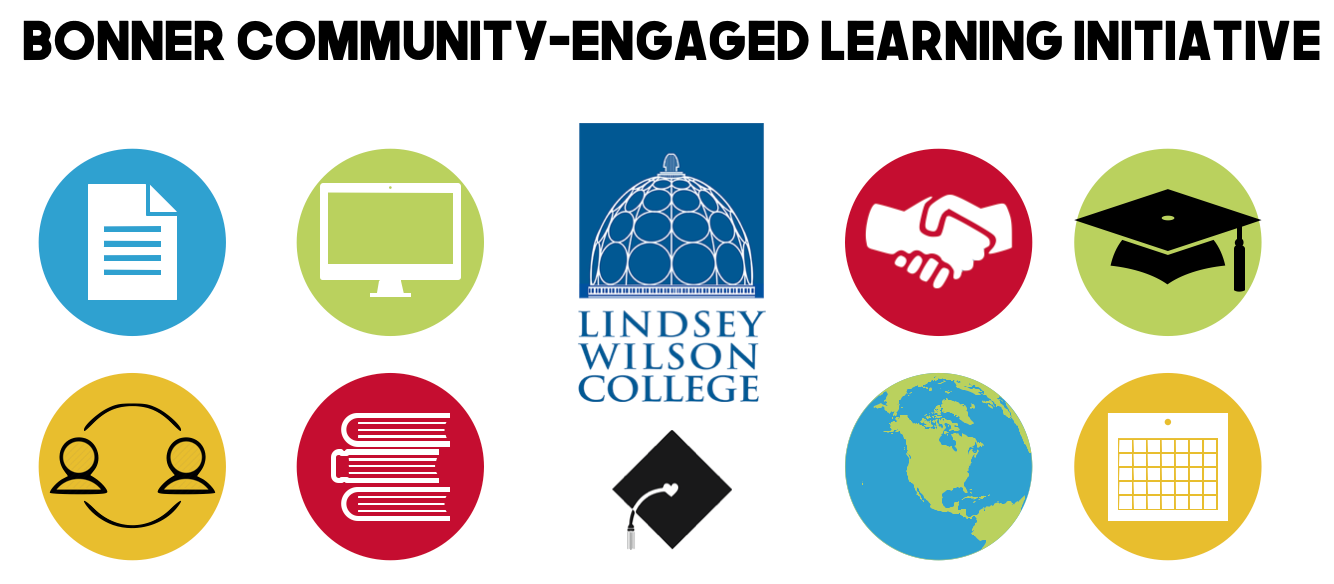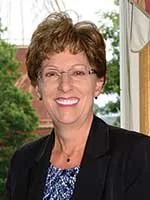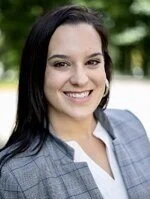CAMPUS PROFILE (2021)
(COLUMBIA, KENTUCKY)
Lindsey Wilson College is located in Southcentral Kentucky and serves students on the A.P. White Campus, at the 26 extended campuses, and in online programs. The college added a master’s degree in Counseling & Human Development in April 1993. The program is accredited by the Council for Accreditation of Counseling and Related Educational Programs (CACREP), and it has been cited by CACREP as a model small-college graduate program. Since then, additional master’s programs in business administration and technology management have been added. In fall 2014, the college began offering a Doctor of Philosophy degree in counselor education & supervision, which received CACREP accreditation in January 2018.
While historically the college’s focus has been to serve the citizens of Southcentral Kentucky, Lindsey Wilson serves a diverse group of students. In 2019-2020, the college enrolled more than 2,600 undergraduate and graduate students, including 1078 residential students, with the student body representing 109 of Kentucky’s 120 counties, 34 U.S. states and territories, and 37 foreign countries. The college also has community campuses in the Kentucky cities of Ashland, Cumberland, Elizabethtown, Hazard, London, Louisville, Prestonsburg, Radcliff, Scottsville, and Somerset, with other community campuses in Virginia (Cedar Bluff and Wytheville), West Virginia (Logan), Tennessee (Gallatin), and Ohio (Hillsboro). They offer 28 undergraduate programs in both arts and sciences, 21 minors, and four graduate programs at the Masters and Doctoral levels.
Lindsey Wilson College began the Community-Engaged Learning Initiative in Fall 2019, supported by grant funding from the Bonner Foundation. Key players in this work have been Dr. Patricia Parrish, the Vice President of Academic Affairs; Natalie Vickous, the Director of Civic Engagement & Student Leadership; Dr. Ginni Dilworth, the current Faculty Fellow; and Dr. Jennifer Furkin, the former Faculty Fellow.
Dr. Ginni Dilworth
Dr. Jennifer Furkin
Natalie Vickous
Dr. Patricia Parrish
Faculty engaged in incorporating CEL into their courses over the past two years have included Dr. David Calhoun (Religion), Dr. Rachel Carr (English), Dr. Hannah Coyt (Human Services & Counseling), Abe Cross (Physical Education), Dr. Ginni Dilworth (Recreation, Tourism, & Sport Management), and Tim Smith (Art). Dr. Beth Tapscott partnered with the Center for Civic Engagement this year to begin offering community-engaged Honors Project options to students participating in the R.V. Bennett Honors Program. Even more faculty from various schools have expressed interest in engaging with this work in the coming year, and the college is starting to see community-engaged learning integrated in multiple disciplines and activities.
Through the Community-Engaged Learning Initiative at Lindsey Wilson College, they have built:
• A definition of what community-engaged learning looks like at their institution,
• A signifier for courses that meet this standard, which indicates CEL courses to students who are registering for their classes, and
• Relationships between disciplines and departments to support community-engaged teaching practices
They are currently in the process of developing a survey that will be standardized across all courses to assess impact of community-engaged learning courses on students, faculty, and community partners. They are also in conversation to pursue a campus-wide tracking system to more easily gather and assess data on community engagement across all areas of campus life, including community-engaged learning. Lindsey Wilson faculty engaged in this work have become advocates among other faculty, citing the ways that students get even more excited about and engaged with their education when able to apply it through actions.
Dr. Rachel Carr
Dr. Rachel Carr, who was interviewed by Kentucky Campus Compact about her community-engaged teaching practices, implemented an engaged letter-writing assignment into her Writing Studies II course during spring 2021. About community-engaged learning, she stated, “Service-learning helps students see the value in the skills we learn and the issues we study. It also helps them see how they belong to and are impacted by several communities, even ones they never felt connected with before.” Students in her class were empowered to use the research and rhetoric skills they had learned in the course to write a two-page letter to a stakeholder, advocating on behalf of an important issue. One student wrote to a well-known cosmetics company regarding their use of animal testing, and actually received a response and an invitation to meet with the company’s research department regarding their practices! Dr. Carr stated, “It is a privilege to watch students become empowered and advocate for their communities.” Abe Cross, Assistant Dean of Students and an adjunct instructor at the college, was also interviewed by Kentucky Campus Compact, and stated, “Service-learning is next-level teaching. If students cannot retain what they learn, or if they cannot apply it, then are they really learning?”
Lindsey Wilson College has long prided itself on engagement with every student, every day. With that commitment translating to high-impact practices such as community-engaged learning and conversations about civic engagement in the classroom, the college is exploring new avenues for strengthening the college-community relationship, empowering the student experiences, and growing civically engaged graduates.





